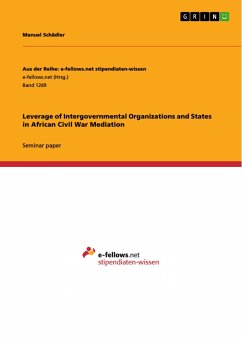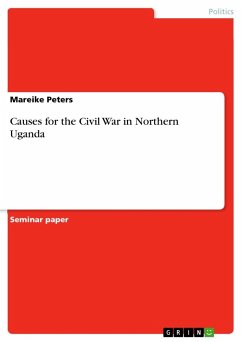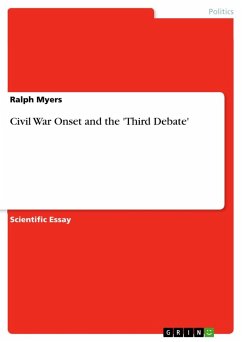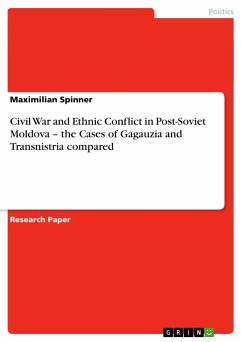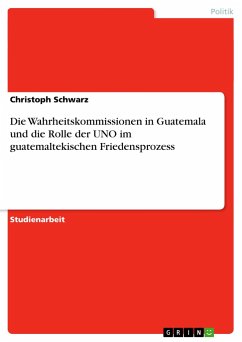Seminar paper from the year 2015 in the subject Politics - International Politics - Topic: Peace and Conflict Studies, Security, grade: 1,0, Free University of Berlin, language: English, abstract: In this paper, I will take the perspective of multi-party mediation in order to contribute to a better understanding of the "comparative institutional strengths and weaknesses" of different types of mediators with regard to leverage. Leverage has long been a central concern of mediators and researchers. The more surprising it seems that a concentrated investigation of the concept has only started to be undertaken very recently . Lindsay Reid has defined leverage as "the potential influence a mediator has to alter disputants' incentives so that they may reach an agreement." So far, there is no clear idea of what advantages different types of mediators have with regard to leverage. The literature often distinguishes between individual, regional, international and state mediators . In theframework of this paper, I will investigate the mediation efforts of two of them, namely a state and an intergovernmental organization (IGO), to analyze the ways in which they use their attributes and resources to generate leverage.

